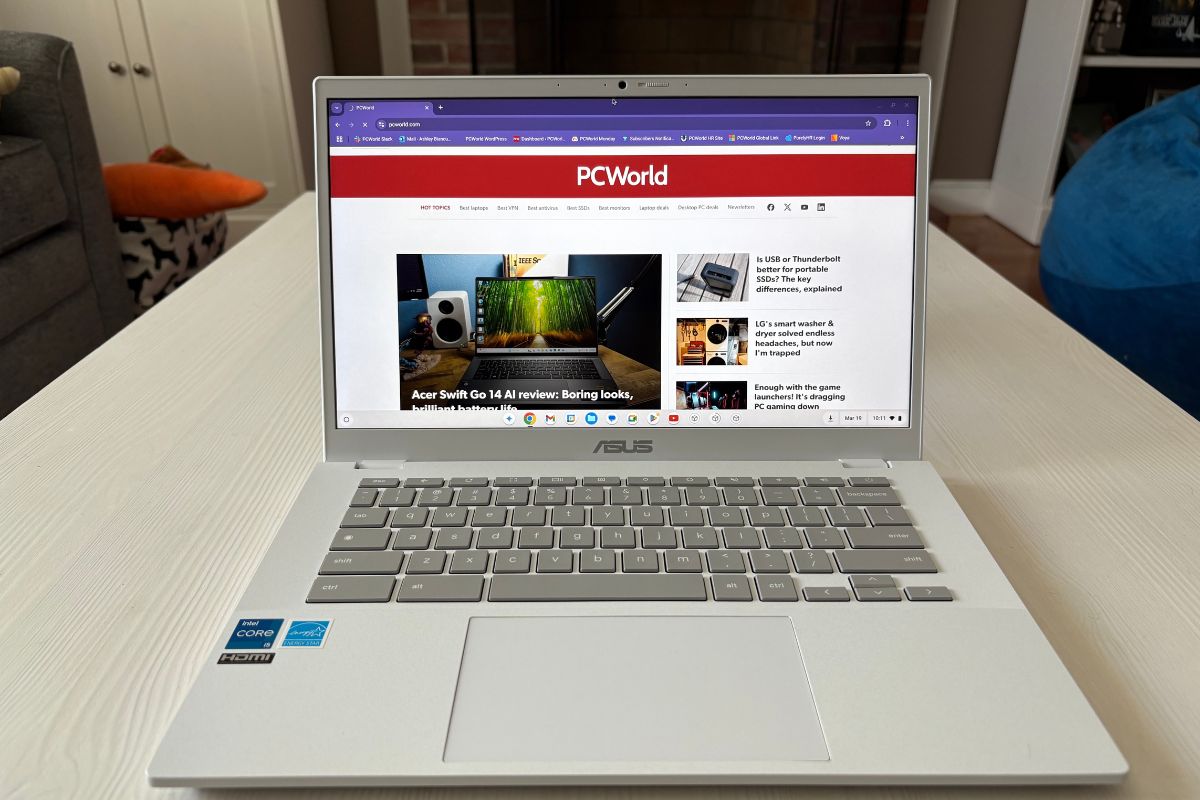Google has a monopoly, and that’s the official line of the US federal government. In fact, it has two of them, losing two separate antitrust cases that threaten to cripple the tech giant. The Department of Justice has proposed forcing Google to sell or otherwise divest itself of the Chrome browser as its first and preferred remedy.
But who would buy it? Unsurprisingly, there are beaucoup business beaus lining up around the block for this browser bachelorette. We’ve already heard that ChatGPT maker OpenAI is very interested, as testified in court by an executive. And another notable name in the AI space, search engine Perplexity, told a judge much the same thing. Bloomberg reports that Yahoo, which almost feels like legacy media at this point, would also be interested if Chrome becomes available.
That’s three potential new homes for the world’s most popular browser. But it’s important to note that federal judge Amit Mehta hasn’t yet made a determination on how Google will be punished for violating the Sherman Antitrust Act. Just because prosecutors suggest breaking off Chrome doesn’t mean that he’ll agree it’s an appropriate end. And whatever happens, Google will certainly exhaust its legal options with enough money to make Solomon blush. Google losing control of Chrome is not a foregone conclusion, even if it feels that way from recent reports.
But let’s proceed under the assumption that Google does have to sell off Chrome, along with the open-source Chromium project that underpins it. Who’s actually capable of buying it? Well, that first depends on the price. The value of Chrome—a free download for all desktop and mobile platforms—is hard to pin down to a dollar amount. I’m no business guru, but if you’d asked me a year ago, I would have guessed somewhere between 50 and 100 billion dollars.
But that’s the value of Chrome to Google, incorporated with its search, advertising, and mobile properties, to say nothing of the entire Chromebook market segment, ancillary products like Google Maps and YouTube, etc. Divorced from all that, Chrome still has tons of value as the most popular browser on the planet (and the Chromium guts of many others, including Edge), but it’s undeniably less. For the sake of simplicity, let’s cut my conservative estimate in half and call it $25 billion USD.

IDG / Ashley Biancuzzo
Who could afford that? OpenAI could probably manage it, though it would be taking on a lot of debt to do so. The leading “AI” product maker is valued at over $150 billion, but that’s based on various investment rounds. The company has yet to turn a profit and doesn’t expect to for years (though that’s not necessarily a mark of shame in the tech world—just look at Amazon). And it’s undeniable that gaining billions of browser users would give ChatGPT an even bigger audience… and a massive treasure trove of data to train on.
Perplexity is the newest player in this equation, officially releasing its large language model-powered search less than three years ago and using OpenAI’s GPT system. The latest valuation of Perplexity puts it at under $10 billion USD… which wouldn’t be enough to buy Chrome without huge debt. It would be more like Perplexity shifting its entire business model to browser-first instead of search. Not impossible, but considering that Perplexity has also made some overtures towards buying TikTok, it strikes me as a startup desperate for a new angle or identity.
And Yahoo. Poor, poor Yahoo. Some of you reading this might not be able to remember when Yahoo was the dominant search engine before Google came along—it’s been that long since Yahoo was truly relevant. These days, Yahoo is more of a media amalgamation after being tossed around between several parent companies, and was most recently bought for $5 billion. Its most notable remaining products are probably sports news and fantasy sports platforms.
The company still owns tech site Engadget and what remains of the AOL brand, but it sold the finance-focused TechCrunch to private equity firm Regent last month. (Full disclosure: Regent also bought PCWorld parent company Foundry the day before. Hi, business daddy!)
Anyway, I don’t doubt Yahoo would love to get its hands on Chrome, if only to claw its way back into relevancy for a massive amount of internet users. But I simply don’t think it has the money, not when OpenAI is splashing around investor cash like it’s puttin’ on the Ritz.
Microsoft makes the most sense to me as a new home for Chrome, as it’s been trying to regain browser dominance ever since Internet Explorer lost it two decades ago. The company has been so insistent that people switch to Edge that it’s been willing to engage in some, ahem, questionable activities to get them off Chrome. If Chrome was shifted into the “official” Windows browser—to say nothing of its dominance on other platforms—Microsoft would be pleased as punch.
But Microsoft is no stranger to browser controversy or run-ins with monopoly regulation. That might be enough of an issue to keep the company at a safe distance from the proceedings, especially if it’s clear that the Department of Justice under a Trump administration isn’t afraid to swing a big stick against monopolies.
This articles is written by : Nermeen Nabil Khear Abdelmalak
All rights reserved to : USAGOLDMIES . www.usagoldmines.com
You can Enjoy surfing our website categories and read more content in many fields you may like .
Why USAGoldMines ?
USAGoldMines is a comprehensive website offering the latest in financial, crypto, and technical news. With specialized sections for each category, it provides readers with up-to-date market insights, investment trends, and technological advancements, making it a valuable resource for investors and enthusiasts in the fast-paced financial world.
